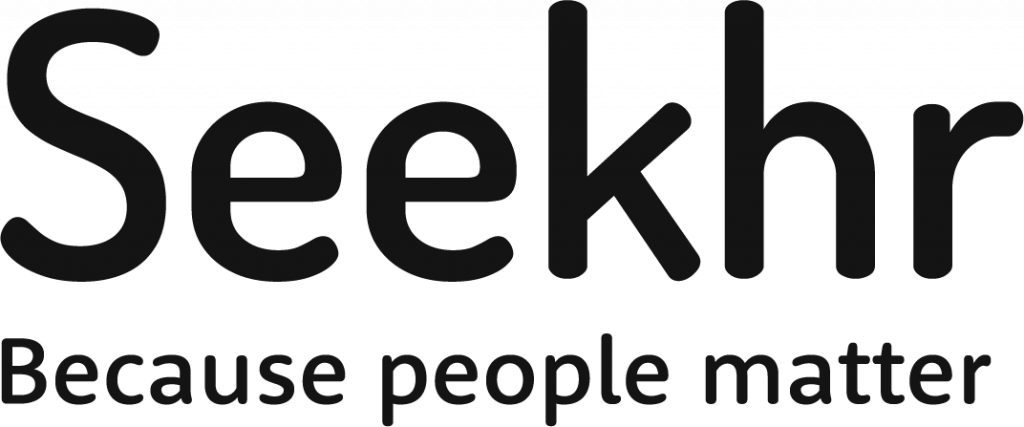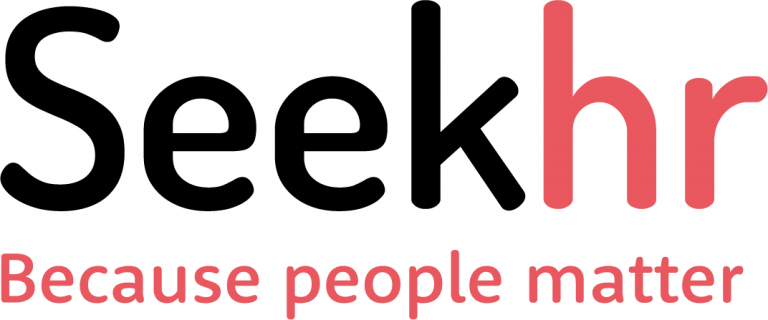Despite the role of an Executive Assistant changing over the years, the general misconception has remained the same – EA’s are simply ‘glorified secretaries’. Even using the word ‘secretary’ is outdated, to say the least. Today, you’ll find that behind every great Director or CEO, there is a devoted EA, the connecting piece of the puzzle to any successful business.
Don’t be fooled – it’s not an easy role to fill. Intellect, professionalism and resilience are key (answering the phone, opening mail and making coffee just doesn’t cut it anymore). And more often than not, their intelligence needs to be on par with their boss to always stay one step ahead and forge genuine relationships with key stakeholders.
This blog will divulge into the evolution of the EA, branding those generalisations as myths and showcasing an EA is not just a pretty face who answers the phone.
So, what’s changed?
It’s not news to anyone, but massive changes in infrastructure and the global boom over the last 30 years have seen the EA role develop from simply administrative support to someone key to the wealth and success of any business. With large companies and small start-ups having to tackle things like innovation, strategic development and multi-channel avenues, and ‘middle managers’ losing their place in the wake of business restructuring, Executive Assistants were first to step up to the plate, taking on crucial tasks which have a direct impact on the running of organisations.
Not forgetting, like many careers, the digital landscape’s inescapable effect on business demands. Advancements in technology are making work easier and flexible. For example, smartphones and shared calendars are making diary management more efficient, and Wi-Fi and laptops mean work can be done from home at any hour, rather than the traditional tireless hours EA’s are expected to work in the office. We are seeing the start-up world and emerging technology businesses becoming especially good at utilising their skills elsewhere.
As a result, the rise of the ‘EA plus’. These are commercially savvy candidates who are number 2 to a Founder or CEO and often are involved in anything from special projects and strategic planning to investor relations, creation on client proposal’s, as well as corporate governance and marketing. We have seen the evolvement of this role rise into a “Business Assistant” or “Chief of Staff”.
It’s not the role people think…
It’s hard to believe what is involved in being an EA if you are not privy. It is easy to forget that what actually goes into running a business is quite often at the hands of a diligent and ambitious EA/Business Assistant.
Let’s look at some of the recent trends that have evolved the role from administration duties to much, much more.
- Technology
Inevitably, the digital economy is having a direct impact on work functions. Process integration and automation are transforming businesses into paperless offices. Systems require someone to be at the wheel of its functionality, ensuring everything is running smoothly and that information is being accessed and processed by the right members of staff.
Social media also plays a valuable part in the marketing side of any business. Executive Assistants are expected to stay relevant amongst a rapidly dynamic culture. It isn’t just about knowing when to tweet and what to hashtag, it is also about being forward-thinking and anticipating new trends to stay in the game.
- Collaborating
Thinking of a stereotypical EA, you’re probably picturing a dressed to impress woman sat behind a desk outside her boss’ office, ready at his/her beck and call. Or worst of all, “Donna”. But the role is slowly evolving from a solitary position supporting on the sidelines, to a collaborative effort amongst managers and EA’s. More and more EA’s are being handed projects of their own to take ownership of running their own teams and becoming leaders in their own rights.
- The Nitty Gritty
As the EA, you become the eyes and ears for your boss, who has climbed the corporate ladder high enough to know who to trust. This trust becomes apparent in the responsibility of EA’s ability to develop and deliver on implementing new ways of working, from altering company structure to communicating with people worldwide across the global marketplace.
Upskilling workers to take on larger responsibilities has led to project management playing a key part of an EA’s job, making business-critical decisions on behalf of senior management. With growing obligations comes huge responsibility, and with huge responsibility comes rising salaries. It is thought in the last 10 years, EA’s salaries have risen by 25%, and that figure will only continue to climb in the future.
With a growing reliance on talented support staff, the evolutionary role of the Executive Assistant will continue to flex in response to company changes, the economy and wider culture.
So, let’s hope that other industries start to follow suit in recognising and utilising the strengths of the ‘EA Plus’ so they may reach their capacity and allow businesses to reap larger ROI.
***
Are you an EA, PA, or business support professional looking to take your career to the next level? Executive Partnerships can help. We’re a specialist recruitment agency working with leading companies and organisations to connect them with talented staff. Learn more at www.executivepartnerships.co.uk.





